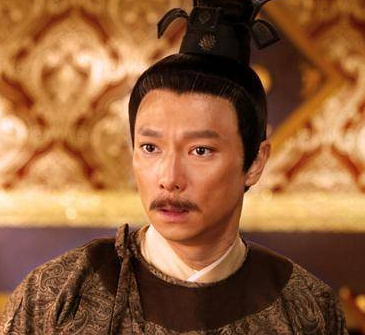In Chinese history, Hong Xiuquan and Cixi were two vastly different figures. Hong Xiuquan, the founder of the Taiping Rebellion, led a peasant rebellion that once threatened the rule of the Qing Dynasty. Conversely, Cixi was the powerbroker of the late Qing Dynasty, and her reign accelerated the decline of the dynasty. However, throughout the long history, Hong Xiuquan never truly defeated Cixi, and their conflict was more often a contest of beliefs, power, and ideologies.

First, from the perspective of faith, Hong Xiuquan was a devout Christian, and the worship of God he founded combined elements of Christianity and traditional Chinese culture. He believed he had been inspired by God to overthrow the Manchu rule and establish a new, fair, and just society. In contrast, Cixi, as a traditional Manchu noblewoman, held a conservative attitude towards Western religions and culture, and placed greater emphasis on maintaining the ruling status of the Manchu Qing Dynasty. This difference in faith led to significant ideological conflicts between Hong Xiuquan and Cixi.
Second, from the perspective of power, the Taiping Rebellion led by Hong Xiuquan posed a significant threat to the rule of the Qing Dynasty. His peasant rebellion achieved a series of victories in the south, establishing a vast political power. However, due to internal conflicts and external pressures, the Taiping Rebellion ultimately failed to achieve national unity. In contrast, despite facing internal and external troubles, Cixi successfully maintained the ruling status of the Qing Dynasty through clever political maneuvering and diplomatic strategies.
Finally, from the perspective of ideology, Hong Xiuquan's advocacy of equality and justice held strong appeal in Chinese society at that time. He advocated for the abolition of the bureaucratic system, the equal distribution of land, and other reform measures, seeking to change the fundamental structure of feudal society. However, these reform measures encountered significant difficulties in practice and ultimately failed to achieve their intended goals. In contrast, although Cixi attempted a series of reforms, such as the Westernization Movement, these reforms were mostly superficial and failed to address the fundamental issues of the Qing Dynasty.
In summary, Hong Xiuquan and Cixi played different roles in Chinese history. Their conflict was primarily manifested in a contest of beliefs, power, and ideologies. Although the Taiping Rebellion led by Hong Xiuquan failed to truly defeat the Qing Dynasty, his rebellion had a profound impact on Chinese history. As the powerbroker of the late Qing Dynasty, Cixi successfully maintained the ruling status of the dynasty, but her reign also accelerated its decline.
Disclaimer: The above content is sourced from the internet and the copyright belongs to the original author. If there is any infringement of your original copyright, please inform us and we will delete the relevant content as soon as possible.






























